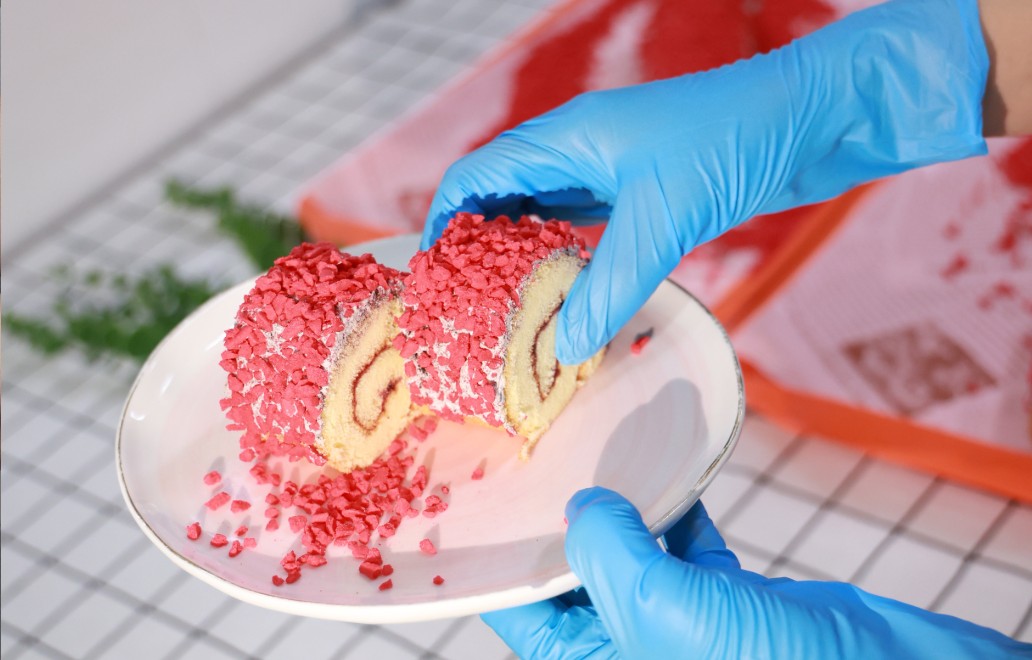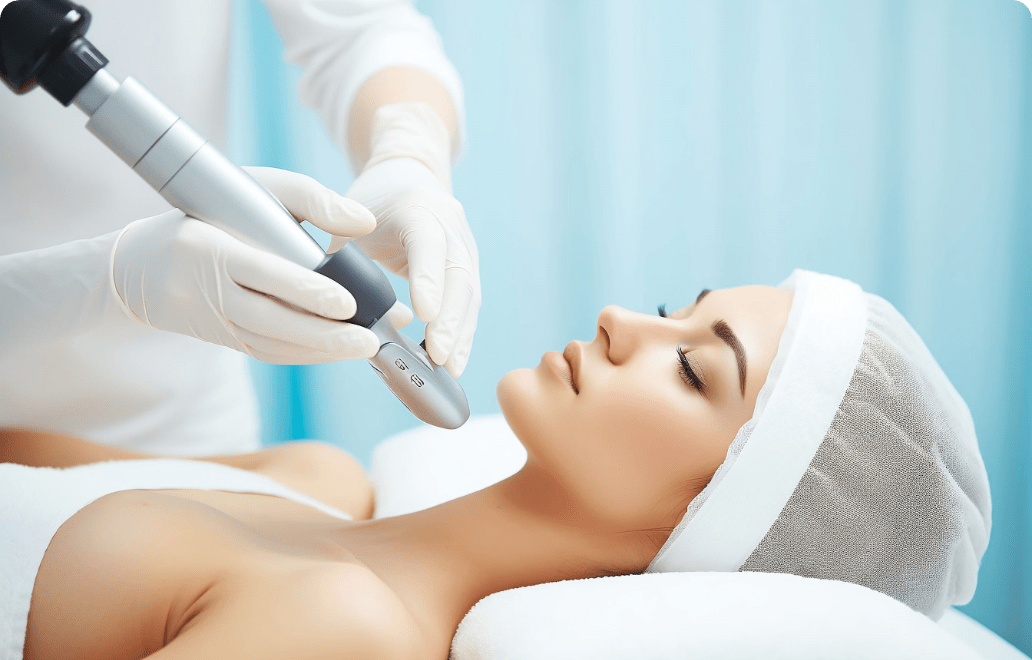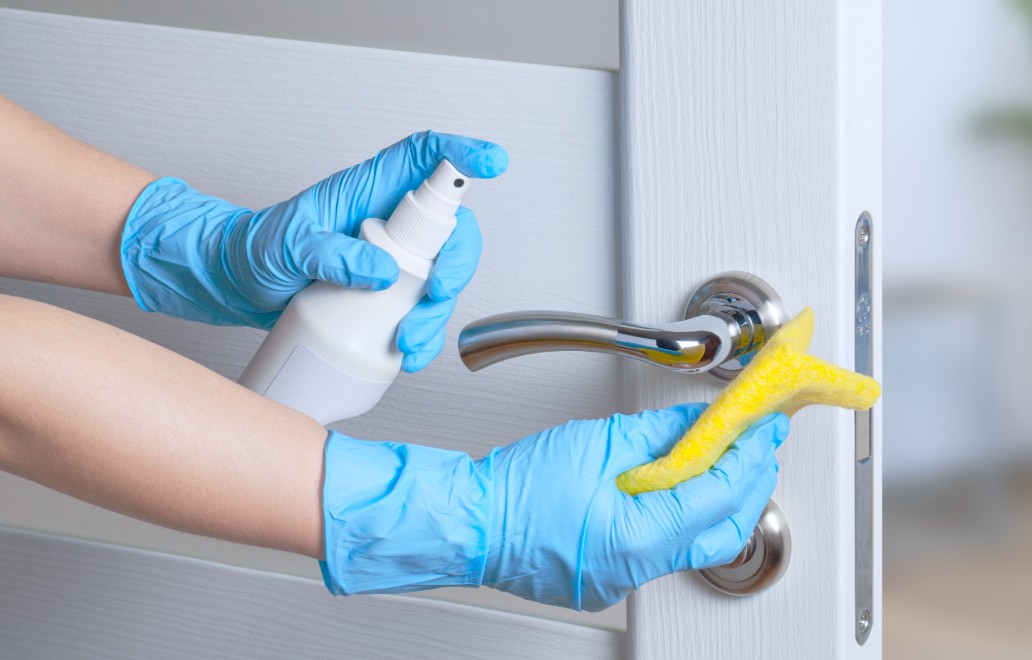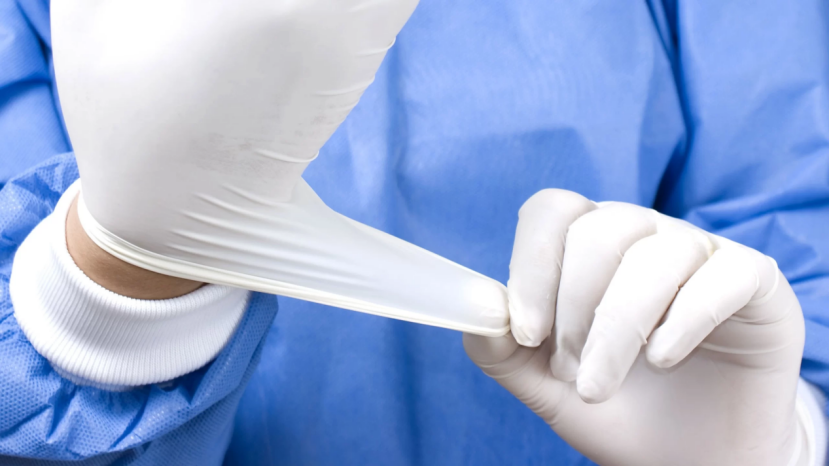How Disposable Glove Manufacturers Test Glove Quality
In industries with high demands for hygiene and safety, such as healthcare, and dentistry applications, premium-quality disposable gloves are at the forefront in preventing contamination and protecting workers and patients from harm. INTCO Medical is one of the leading disposable glove manufacturers in the world, ensuring that the gloves manufactured by them assure protection, comfort, and durability. Testing the quality of gloves is an integral part of the manufacturing process. This blog will explain some rigorous testing procedures that are implemented by INTCO Medical to ensure its disposable gloves offer unparalleled performance and safety.
The Key Aspects of Disposable Glove Quality Testing
1. Physical Durability Testing
The factors determining the effectiveness of a disposable glove are majorly centered on durability. Glove durability may be defined as the resistance of the material to puncture, tear, and abrasion in such a way that it would not be damaged during use. This is most critical in medical and industrial settings where exposure to sharp objects or chemicals can happen quite frequently.
Puncture Resistance: It requires specific testing equipment such as a test method by ASTM D5151 employed at INTCO Medical for measuring puncture resistance. Here, the testing equipment reproduces real mechanical forces, which may provide the necessary conditions for a puncture.
Tensile Strength and Tear Resistance: Tensile strength testing is done through machines that stretch the gloves until they break. INTCO Medical’s disposable gloves are tested for tensile strength at a minimum of 12 MPa (megapascals) for nitrile gloves, ensuring that the gloves maintain their integrity during use. The elongation before breakage (stretchability) is also tested to ensure that gloves don’t tear easily when stretched.
2. Chemical Resistance Testing
Chemical resistance testing is one very important test disposable gloves should have to protect users from hazardous chemicals. This means their exposure to different kinds of substances, such as disinfectants, cleaning agents, and other common chemicals one would find in either a medical or industrial setting, and the measurement of the glove’s resistance to the penetration or degradation of those substances.
Chemical Immersion Tests: The nitrile gloves provided by INTCO Medical are allowed to soak in specific chemical substances, such as isopropyl alcohol, hydrochloric acid, or even sodium hydroxide, for very long periods of time-up to 24 hours. After that, the gloves would be checked for degradation, which may appear as cracking, thinning, or chemical absorption in the material. For instance, INTCO’s nitrile gloves have demonstrated resistance against more than 50 chemicals that are commonly used within both medical and industrial applications without showing any signs of permeation at standard times of exposure.

3.AQL Testing
AQL (Acceptable Quality Level) is determined through a sampling procedure to ensure the quality and safety of disposable gloves in production batches. Since it is not feasible to inspect every glove individually, a representative sample of gloves is taken from each production batch for testing. Based on the AQL level, the maximum percentage of defective products acceptable in the batch is defined. The samples are then tested according to industry standards such as ISO 374-2:2019 (related to Personal Protective Equipment (PPE) Regulation (EU) 2016/425) or EN 455-1:2000 (related to Medical Device Regulation (EU) 2017/745).
Water Penetration Resistance Test: One of the most widely used tests for AQL is the water penetration resistance test. This procedure helps assess the acceptable quality level of micropores in the gloves by determining whether there are any leaks that could compromise the glove’s protective capabilities. The test involves exposing the gloves to water pressure to check for any water seepage. The results of these leakage tests provide valuable insight into the overall quality of the product.
The statistical concept known as the confidence interval is employed, which assumes that a sample represents the entire batch. Based on this assumption, the sampling plan must strictly follow established guidelines. The number of samples taken will vary depending on the batch size and the required AQL level to ensure that the overall batch adheres to acceptable quality standards.
4.Tests for Fit and Comfort
The fit and comfort of the disposable gloves are as critical as durability and protection, respectively. An ill-fitting glove is worn with discomfort, resulting in reduced dexterity and capability to perform certain tasks satisfactorily. Gloves that poorly fit are more likely to rip or tear.
Ergonomic Design: The firm INTCO Medical performs tests on fit and comfort by 3D scanning technology with real biometric data, in order to check the gloves’ conformation on various shapes of hands. Many sizes are tested to enable users to find comfortable fits. “Ergonomic handforms” even forces the company to simulate many movements of hands to test whether the gloves are hampering the wearer’s motions or not-keep appropriate flexibility.
5. Glove Powder and Chemical Residue Testing
Most of the disposable gloves, especially latex gloves, are powdered for easy donning and doffing. However, the powder and chemical residue can cause skin irritations or even allergic reactions. At INTCO Medical, this is taken into full consideration, with all kinds of gloves being obliged to go through a series of strict powder and chemical-residue tests.
Residual Testing: INTCO’s Synguard® Nitrile Exam Gloves and Synmax Vinyl Gloves are tested using a “Total Extractable Residue” test, which checks for residual powder or other chemicals that may remain on the gloves after production. They have to pass through strict levels provided by the FDA and ISO 10993 regarding chemical residues so as not to be irritating to users, even those with sensitive skin or allergic conditions.
6. Microbial Barrier and Biocompatibility Testing
Medical gloves are supposed to act as a barrier to harmful microorganisms such as bacteria, viruses, and fungi. To ensure that the gloves meet such requirements, microbial barrier testing is done by INTCO Medical, which inspects the capability of the gloves in preventing the passing of harmful agents.
Microbial Penetration Resistance: Using standardized tests, such as ASTM F1671, the standard test for viral penetration resistance, the gloves from INTCO Medical are exposed to the viruses, such as the HIV virus and Hepatitis B, for assurance that no microorganisms may pass through. Their Nitrile and Vinyl pass these tests at a success rate of 100% to guarantee protection within clinical environments.
Furthermore, all the gloves manufactured by INTCO Medical undergo biocompatibility testing for long-term use over the skin. This implies testing against all kinds of irritants or allergens that might be responsible for skin reactions in users. The gloves made by INTCO Medical meet the requirements on biocompatibility laid out by ISO 10993; hence, they are guaranteed to be safe for extended use.
7. Odor Testing
One often overlooked but essential aspect of disposable glove quality is the presence of odors, which can affect both the wearer’s comfort and the gloves’ overall usability. Gloves that emit strong, unpleasant smells can lead to discomfort for healthcare workers, industrial employees, and others who rely on these products for long periods. To address this concern, INTCO Medical conducts rigorous odor testing to ensure that its disposable gloves maintain a neutral scent, enhancing the overall user experience.
Odor Evaluation: During the testing process, gloves are subjected to a series of sensory evaluations by trained testers. These testers assess the gloves for any undesirable odors that could arise from materials used in manufacturing, such as rubber, latex, or chemical residues. If any offensive smells are detected, the gloves undergo additional treatments or changes in the production process to neutralize these odors. This testing ensures that the gloves offer a comfortable and odor-free experience for wearers, particularly in sensitive medical and professional environments where prolonged use is common.
Conclusion
Quality testing is an essential part of disposable glove manufacturing, and INTCO Medical goes above and beyond to ensure that its gloves are safe, durable, and comfortable. Whether you need gloves for medical exams, industrial applications, or general use, INTCO Medical’s rigorous testing ensures that every pair meets the highest standards.






























